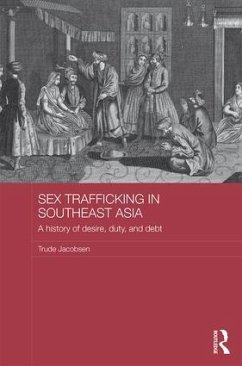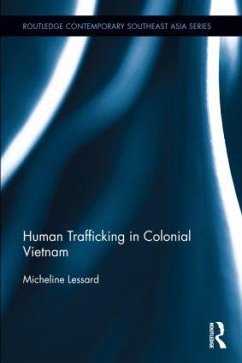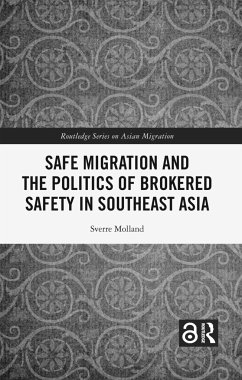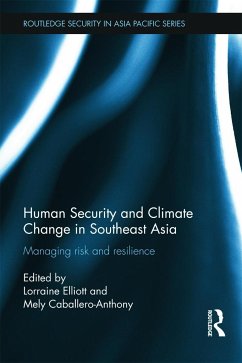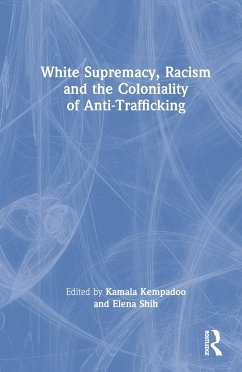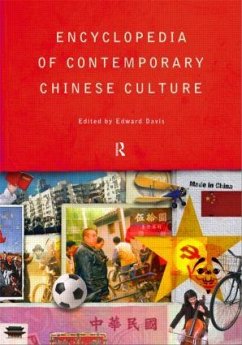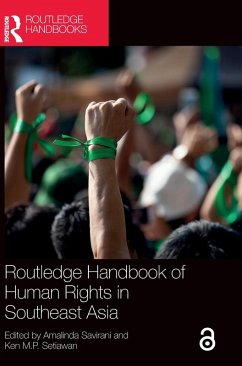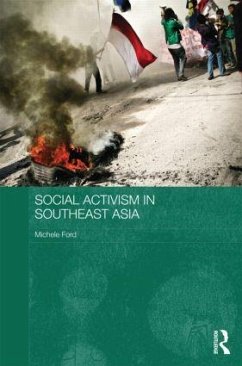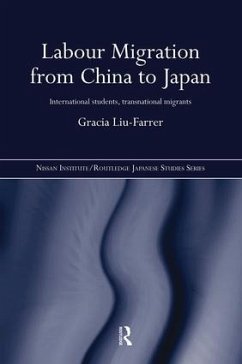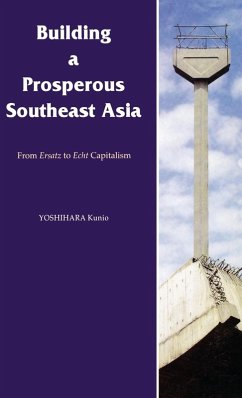
Labour Migration and Human Trafficking in Southeast Asia
Critical Perspectives
Herausgeber: Ford, Michele; Schendel, Willem Van; Lyons, Lenore
Versandkostenfrei!
Versandfertig in 1-2 Wochen
176,99 €
inkl. MwSt.

PAYBACK Punkte
88 °P sammeln!
Since the signing of the UN Trafficking Protocol, anti-trafficking laws, policies and other initiatives have been implemented at the local, national and regional levels. These activities have received little scholarly attention. This volume aims to begin to fill this gap by documenting the micro-processes through which an anti-trafficking framework has been translated, implemented and resisted in mainland and island Southeast Asia. The detailed ethnographic accounts in this collection examine the everyday practices of the diverse range of actors involved in trafficking-like practices and in an...
Since the signing of the UN Trafficking Protocol, anti-trafficking laws, policies and other initiatives have been implemented at the local, national and regional levels. These activities have received little scholarly attention. This volume aims to begin to fill this gap by documenting the micro-processes through which an anti-trafficking framework has been translated, implemented and resisted in mainland and island Southeast Asia. The detailed ethnographic accounts in this collection examine the everyday practices of the diverse range of actors involved in trafficking-like practices and in anti-trafficking initiatives. In demonstrating how the anti-trafficking framework has become influential - and even over-determining - in some border sites and yet remains mostly irrelevant in others, the chapters in this collection explore the complex connections between labour migration, migrant smuggling and human trafficking.





